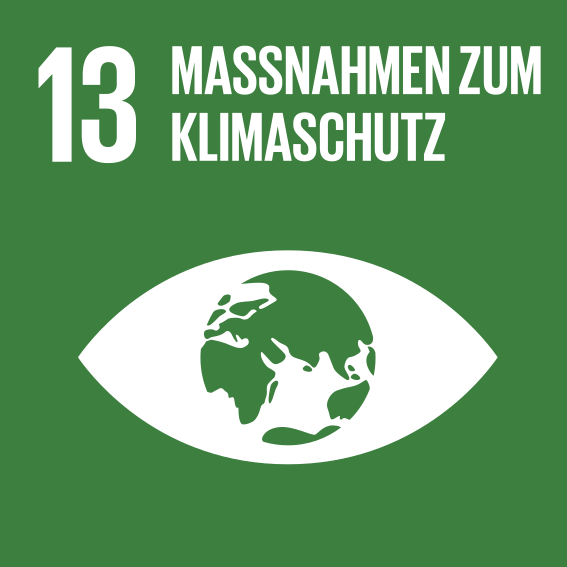|
Heated atmosphere: Organizational emotions and field structuring in online climate change debates
Lefsrud, Lianne
;
Oberg, Achim

|
DOI:
|
https://doi.org/10.5465/AMBPP.2019.12132abstract
|
|
URL:
|
https://journals.aom.org/doi/10.5465/AMBPP.2019.12...
|
|
Weitere URL:
|
https://www.researchgate.net/publication/334856720...
|
|
Dokumenttyp:
|
Konferenzveröffentlichung
|
|
Erscheinungsjahr:
|
2019
|
|
Titel einer Zeitschrift oder einer Reihe:
|
Academy of Management Annual Meeting Proceedings
|
|
Band/Volume:
|
2019,1
|
|
Seitenbereich:
|
Article 12132
|
|
Veranstaltungstitel:
|
79th Annual Meeting of the Academy of Management
|
|
Veranstaltungsort:
|
Boston, MA
|
|
Veranstaltungsdatum:
|
August 9-13, 2019
|
|
Ort der Veröffentlichung:
|
Chicago, IL
|
|
Verlag:
|
Academy of Management
|
|
ISSN:
|
0065-0668 , 2151-6561
|
|
Sprache der Veröffentlichung:
|
Englisch
|
|
Einrichtung:
|
Fakultät für Betriebswirtschaftslehre > Mittelstandsforschung u. Entrepreneurship (Woywode 2007-)
|
|
Fachgebiet:
|
330 Wirtschaft
|
|
Abstract:
|
We use an organizational issue field to conceptualize how organizations partake in the signification of amorphous, yet intransigent issues – such as climate change. Following a network conception, field structure is captured as the linkages between organizations. Besides meaning system, and values, emotional expressions can affect the positioning of organizations within the field and, hence, how they define, debate, and address the core issue. Thus, we ask: How do framings, values, and emotion affect the structure of an organizational issue field? We answer our research question by synthesizing theories of fields, structuring, and emotion. By completing a network analysis of the online climate change debate, we find that organizations are most likely to link to other organizations expressing similar emotions – resembling organizational emotional entrainment. Expressed emotionality influences organizations’ positions in an organizational issue field even beyond cognitive framings like issue stance, values like moral worldviews, and typical in-group clusterings like organizational type or political orientation.
|

 | Dieser Eintrag ist Teil der Universitätsbibliographie. |
 Suche Autoren in Suche Autoren in
Sie haben einen Fehler gefunden? Teilen Sie uns Ihren Korrekturwunsch bitte hier mit: E-Mail
Actions (login required)
 |
Eintrag anzeigen |
|
|
